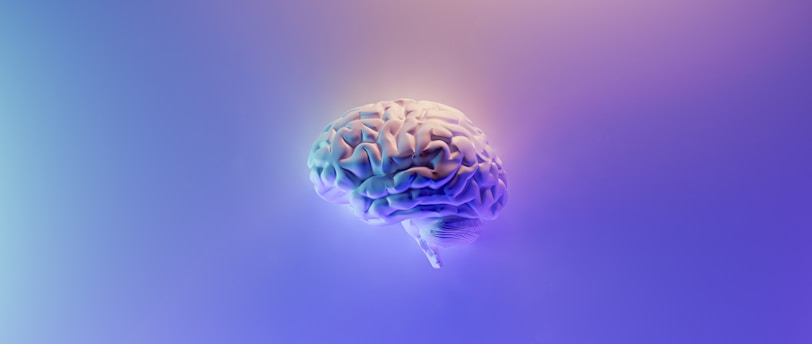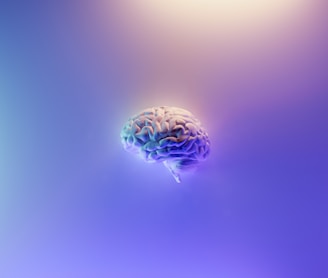The Brain-Gut Connection
A Closer Look at the Gut-Brain Axis


The Brain-Gut Connection: A Closer Look at the Gut-Brain Axis
The brain and gut have long been considered separate entities, each with its own distinct functions. However, emerging research has shed light on a fascinating and intricate relationship between these two vital systems in our bodies. While we often think of the brain as the command center of our thoughts and emotions, and the gut as primarily responsible for digestion, recent studies suggest that there's more to this connection than meets the eye. In fact, the gut may play a more significant role in influencing the brain than previously believed. In this blog post, we'll delve into the concept of the brain-gut connection and explore how it appears that the gut has a stronger influence on the brain than vice versa.
The Brain-Gut Axis: A Two-Way Street
Traditionally, the brain-gut axis has been viewed as a one-way street, with the brain sending signals to the gut to regulate digestion and nutrient absorption. This top-down communication is indeed essential for the functioning of our digestive system. However, recent scientific discoveries have shown that the communication between the gut and the brain is far more complex and bidirectional.
The Gut's Second Brain: Enter the Enteric Nervous System
The gut houses an intricate network of neurons known as the enteric nervous system (ENS). Often referred to as the "second brain," the ENS can operate independently of the central nervous system (CNS) in the brain, controlling various digestive processes such as muscle contractions, nutrient absorption, and blood flow. This local brain in the gut can send signals to the central brain, influencing mood, behavior, and even cognitive function.
The Gut Microbiome: A Crucial Player
The gut is home to trillions of microorganisms collectively known as the gut microbiome. This complex ecosystem of bacteria, viruses, fungi, and other microbes plays a pivotal role in maintaining gut health and influencing the brain-gut connection. Recent studies have shown that the gut microbiome can communicate with the central nervous system through various pathways, including the production of neurotransmitters and immune system modulation. Imbalances in the gut microbiome have been linked to a range of neurological and psychiatric disorders, such as depression, anxiety, and autism.
Hormonal Communication
Hormones produced in the gut, such as serotonin and dopamine, have profound effects on mood and emotions. Serotonin, for example, is often referred to as the "feel-good" neurotransmitter and is heavily involved in regulating mood. Interestingly, approximately 90% of serotonin is produced in the gut, and it plays a significant role in the gut-brain connection.
The Gut's Influence on the Brain
As researchers continue to unravel the complexities of the brain-gut connection, it becomes increasingly clear that the gut has a substantial influence on the brain. Here are some ways in which the gut can affect our mental and emotional well-being:
Mood Regulation: The gut's production of neurotransmitters, such as serotonin, can impact mood and emotions. An imbalance in gut bacteria can lead to mood disorders like depression and anxiety.
Stress Response: The gut-brain axis plays a role in our body's stress response. Chronic stress can disrupt the gut microbiome and contribute to mental health issues.
Cognitive Function: Emerging evidence suggests that the gut microbiome may influence cognitive function and even play a role in conditions like Alzheimer's disease.
Immune System Modulation: The gut plays a significant role in regulating the immune system. An unhealthy gut can lead to chronic inflammation, which has been linked to various neurological conditions.
The brain-gut connection is a fascinating and rapidly evolving field of research that challenges our traditional understanding of the relationship between these two vital systems. While the brain certainly plays a significant role in regulating gut function, it's becoming increasingly clear that the gut exerts a powerful influence on the brain as well. Understanding this bidirectional communication is opening up new avenues for the treatment and prevention of neurological and psychiatric disorders. As we continue to explore the depths of the brain-gut axis, it's evident that the gut may have more to say to the brain than we ever imagined. So, the next time you experience "butterflies in your stomach" during a stressful situation, remember that it's not just your brain talking to your gut—it's a conversation that goes both ways.
